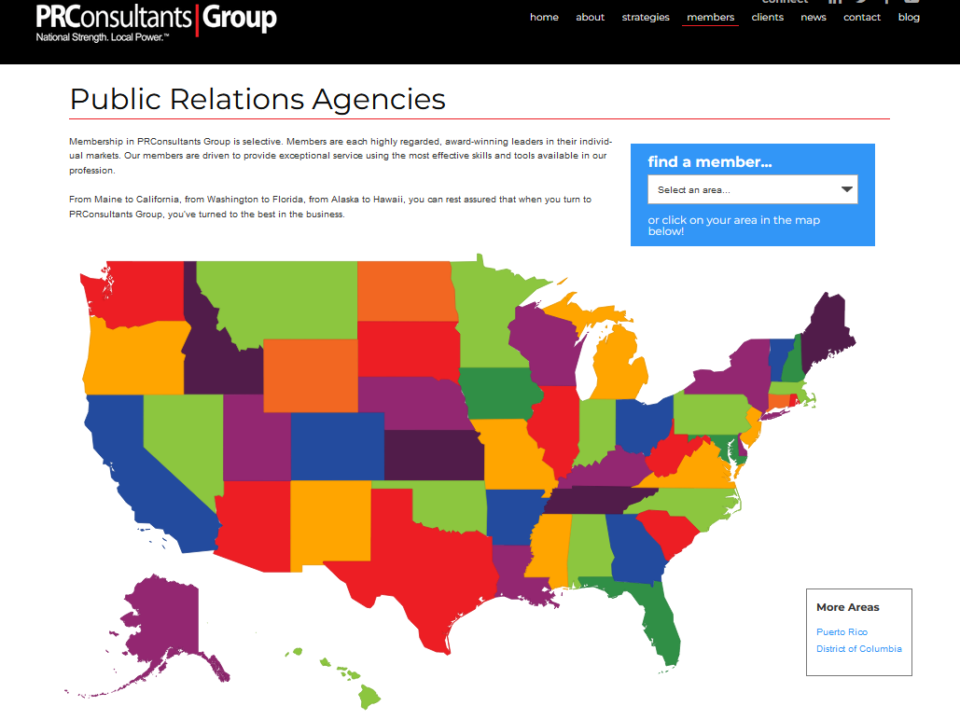
Nancy Wiser Talks Managing Through a Crisis on WUKY Radio
November 7, 2018
Hold the Presses: “My Employer” is the Most Trusted Institution
March 14, 2019
“Crises just happen to other people.” and “We will deal with it, when it happens.” It is shocking the amount of times these phrases are uttered and how many business leaders try to convince themselves that they can operate under the radar so there’s no need to prepare for worst-case scenarios.
A crisis can happen to any business at anytime and the last thing that we want is to be unprepared. As a society we have embraced digital conveniences. We want to make our lives easier so we ask Alexa to read us recipes for dinner and to order our groceries.
Now, we are even talking to healthcare providers without going into the office and accessing our healthcare information through databases and portals. It is safe to say that we are very technologically driven, but with those advancements, comes greater risk of personal data being breached.
We have seen it on the news time and time again: large companies announcing that their data has been hacked and it could impact millions. It happened to Wells Fargo, Target, Marriott and Facebook.

As a healthcare professional, you pride yourself on advancements, strategizing, preparation and prevention. The last thing that you would want is for your organization to be the next data breach news story. However, if this does happen, and it surely will, it is important to respond to the problem and be proactive with the media.
If you doubt it’s an issue for your organization, read Myth busted: Firewalls and security software help, but they aren’t all you need. This article points out just how vulnerable even the best systems are.
Responding to a problem when it happens
Having a crisis communication plan in place will help make your company’s crisis response more manageable. Two major points that are crucial for navigating through the media’s choppy water and rebuilding trust with your consumers are timing and transparency.
Timing: Part of crisis communication comes down to response time. It is important to find the facts and tell them fast. Most data breaches require time to find out all the facts and many companies need to communicate with their audiences before they know every detail. In that case, the best thing that you can do is to be well informed ahead of time and be open, honest and transparent.
Transparency: Building in transparency as part of your communication plan is an effective tactic to regain consumer trust. Having a designated spokesperson who speaks clearly, concisely and is genuine can help avoid misleading information and help to rebuild confidence in your company.
Preventative measures that can be taken
A crisis communication plan requires us to prepare for those things we most hope to avoid. Even a nominal investment in crisis planning can increase the chance of surviving intact. More importantly, a crisis plan will make the organization better, stronger and more successful.

Why? Because this process requires that we take a fresh look at why we do what we do, how we do it, and what we might do better. And it enables managers to share information and make decisions when there is less pressure and more opportunity to consider all factors. Even if a crisis doesn’t evolve exactly as the scenarios outline them, everyone is better prepared and more aligned with the appropriate response.
The digital world won’t wait for us to figure it out after the that firewall is breeched. The time to plan is now.



